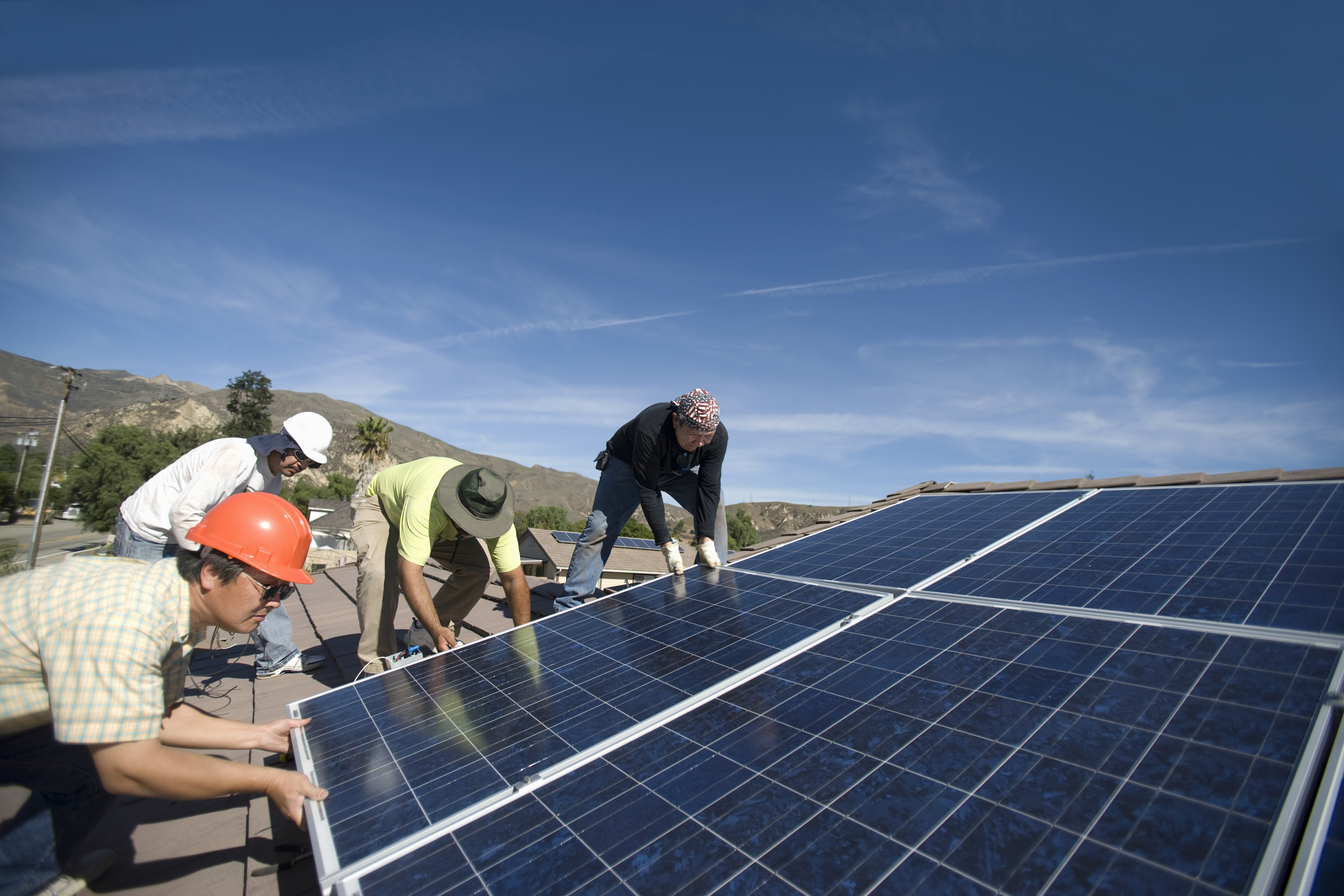No doubt you've heard about how solar panels can save you money on energy and help your home be more environmentally friendly. But how do they work, exactly? This article explores that answer. If you're thinking about getting solar panels this year, talk with a trusted Panasonic installer and get all your questions answered.
Solar panels are devices that convert sunlight into electrical energy. They're made up of solar cells, which are small electronic devices that convert sunlight into electricity. Solar cells are usually made of silicon, a type of semiconductor. Solar panels are used to supply electricity to homes, businesses, and other buildings. They can also be used to power vehicles, such as boats and cars.
They've become increasingly popular in recent years, largely due to the fact that the cost of ownership has come down significantly, but you should learn as much as you can before purchasing a solar system. If you want to learn more, keep reading to find out how solar panels work.
How do solar panels work?
On the most basic level, solar panels work by turning natural light into electricity that can power your home. Over time, solar panels can save you a lot of money on your energy bills. In some cases, they can even completely offset your energy costs, meaning that you would be using free energy from the sun. If you're curious how much switching to using solar energy would save you, you can use a solar energy calculator to calculate the solar savings based on your roof, the cost of your electricity bill, and the size of your home.
If you're wondering how solar panels are able to convert sunlight to electricity, it's less confusing than you might think. Solar panels consist of photovoltaic (PV) cells, which are made of semiconductor materials like silicon. When sunlight shines on a PV cell, the energy from the sun knocks electrons loose. These free electrons flow through the cell and create an electric current. The amount of electricity produced by a solar panel depends on how large the panel is, how sunny it is, and what type of semiconductor material is used in the PV cells.
The efficiency of a solar panel is determined by how much sunlight it can convert into usable electricity. It can be affected by numerous factors including the type of material used in the panel, the angle at which it's positioned relative to the sun, and the weather conditions in your area.
How else can you decrease your home's dependence on fossil fuels?
There's no doubt that using solar panels is the best way to limit your use of fossil fuels, but there are other steps you can take as well. For example, switching to energy-efficient lightbulbs can reduce your dependence on fossil fuels. Alternatives like LED bulbs don't just use less energy, they can actually last significantly longer than traditional incandescent bulbs. Even fluorescent bulbs last longer. This can save you even more money since you won't need to replace them as often. Next time you need new light bulbs, consider grabbing LED bulbs instead.
Your home's insulation plays a major role in how energy-efficient the property is. Insulation also protects your home from the elements. If you're experiencing inconsistent temperatures or unexplained property damage, you may need to update your insulation. Some common types of insulation include spray foam and fiberglass. Talk to a contractor to see what they recommend for your property. Just make sure that you have your insulation installed by a professional, as improper insulation can actually do more harm than good.
Consider making the switch to solar energy.
When you're looking for ways to save money and make your home more efficient, solar panels are a fantastic investment. Not only will you be able to save money on your energy costs, but you'll also be doing your part to protect the environment. With a solar panel system, you can generate your own energy. This means that you'll be able to rely on solar energy to meet your needs, reducing your reliance on harmful fossil fuels. You can also minimize your use of fossil fuels by transitioning to energy-efficient light bulbs and updating your insulation. Follow these tips and you can create a comfortable and eco-friendly home environment.
This article was written by Adil Husnain from TechBullion and was legally licensed through the Industry Dive Content Marketplace. Please direct all licensing questions to legal@industrydive.com.




